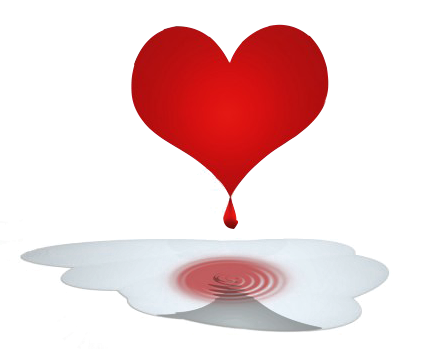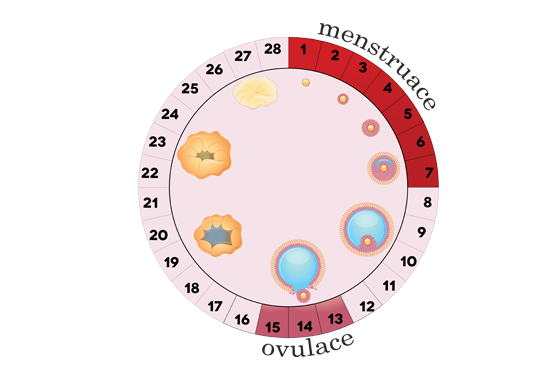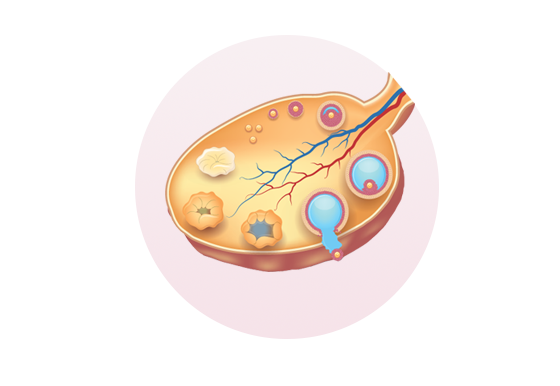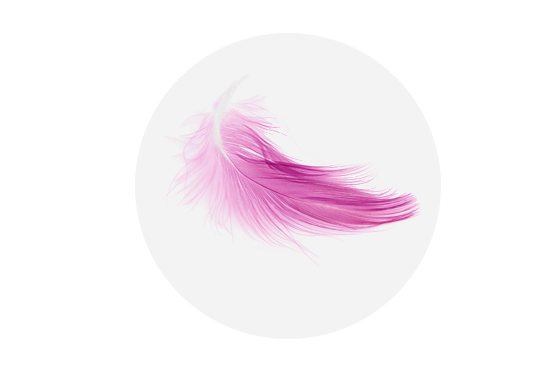Menstruation is not a punishment. It is the proof of womanhood. It’s a fertility symbol. It is the way the female body cleans. That is why the female body can do such amazing things as to conceive and give birth to a child. That is why women live longer. Because their blood is regularly changed and cleansed. It is therefore very important that women and girls cease to perceive the menstrual cycle as something that is punishment but to take these days as an important part of their lives, of themselves. And this can happen especially if the woman experiences these mostly uncomfortable days in peace, without pain, in psychological well-being, as if it were a normal day outside the menstrual period.
During menstruation, the overwhelming majority of women feel psychic anxiety, irritability, physical weakness, pain and energy loss. All this happens in the woman’s body just before the menstrual period, or during the first menstrual period. Due to the recurrent state of the body and the mind of a woman, which occurs every month, menstruation period for women is an unpleasant period of time that has to be outlasted.
The female body is in anticipation of pain, at the same time hormones, which cause hypersensitivity and irritability, are released.
The bleeding itself during menstruation is caused by the separation of part of the uterine mucosa. Therefore, this process often accompanies pain or nausea. Professionally, this painful menstruation is called dysmenorrhea. Unfavorable physical and psychological conditions have been observed by doctors particularly in younger women. Painful menstruation can also be experienced by middle-aged and elderly women.











